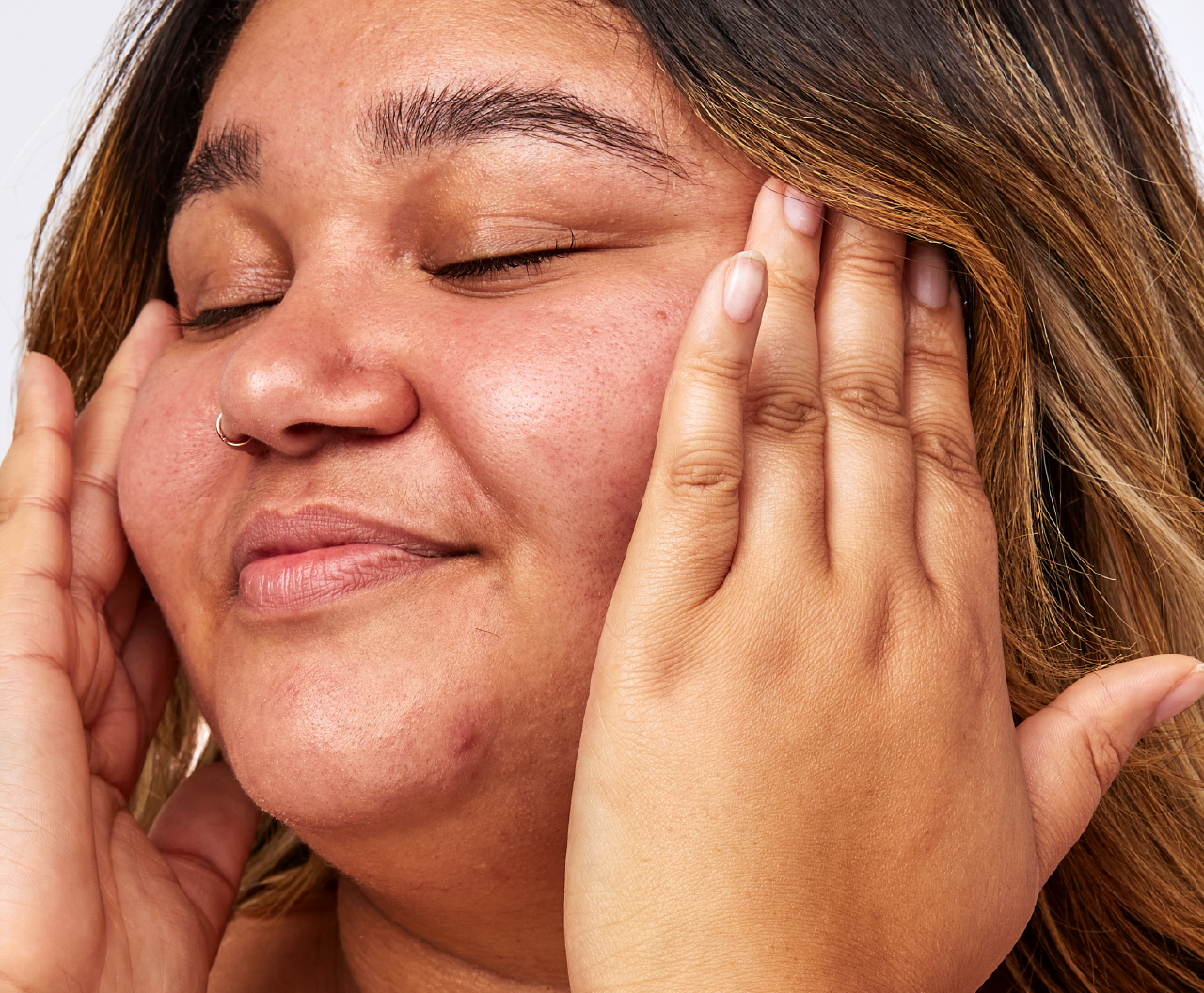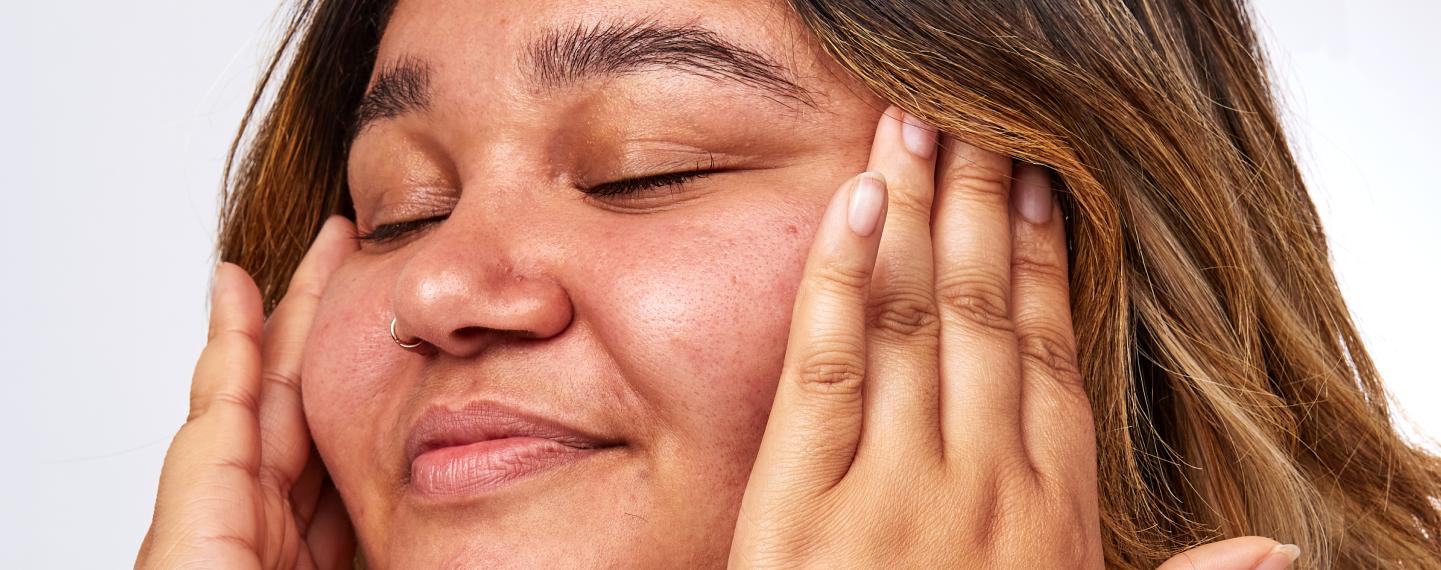Education
How To Properly Wash Your Face


SHARE
Education
How To Properly Wash Your Face
Medically reviewed by Aimee Paik, MD
Written by Apostrophe Team
Last updated 11/3/2024
At Apostrophe, the experts on our platform are here to help you discover an effective treatment plan for your skin’s needs and concerns. But medication and creams can only go so far without a proper and clean base. Here are some tips to wash your face properly so your medications can go the distance.
Why is washing your face important?
Your face has more sebaceous glands, which means your face has more sebum (aka natural oils). Furthermore, application of makeup, sunscreen, and other facial products can create a magnet for pollutants, like smoke. Removing these particles on your face allows for great skin health.
How often should I wash my face?
The American Academy of Dermatology (AAD) recommends that you wash your face once in the morning, once at night, and anytime after you sweat heavily. Washing after you sweat is especially important if you have been wearing a hat, helmet, or any other accessory that is held tightly against your skin.
Is there such a thing as too much?
Washing your face twice a day is important, but exceeding the recommendations above can cause your skin to dry out. Especially be cautious of products with alcohol, astringents, and exfoliants. Those products can irritate your skin and might cause further inflammation.
Here are our top tips to washing your face properly:
Choose a proper face wash. It is very important to choose a cleanser that was made specifically for your face to minimize irritation. If acne is a concern, look for a cleanser with benzoyl peroxide.
Be gentle. The top layer of skin, stratum corneum, on your face has fewer cell layers than other parts of your body. This thin layer makes the skin more easily irritated. Trust us - scrubbing your face will not get rid of more dirt and oil
Avoid using rough materials. Items like a washcloth, sponge, or other fabric can over exfoliate your skin and worsen acne.
For those with moderate to severe acne:
Acne face washes should not be the primary treatment for moderate to severe acne, but rather an addition to your other medications. When applying effective medications, like topical retinoids, a good face wash is still important. Your cleanser clears away dirt and oil from the opening of your pores, and allows the topical retinoid to penetrate the skin and work more effectively.
We all talk about getting that skin glow and skin health starts with a clean face. Healthy skin = glowing skin!
1. Acne and sebaceous gland function. PubMD. https://www.ncbi.nlm.nih.gov/pubmed/15556719. Published September-October 2004. Accessed August 15, 2019. 2. Histology, Stratum Corneum. Morgan B. Murphrey; Patrick M. Zito. StatPearls Publishing. https://www.ncbi.nlm.nih.gov/books/NBK513299/. Published April 20, 2019. Accessed August 15, 2019.
Like what you just read? Sign up for our email list to get the scoop on skincare science delivered straight to your inbox.

Deep Dives
A dermatologist shares his thoughts on the recent studies about benzoyl peroxide and benzene.
Read More
Education
What is milia?
What is milia? Today, we’re jumping into one type of bump that you may have heard about most commonly in infants — milia.
Read More
Education
Best moisturizer for acne-prone skin
If you have combination acne-prone skin, figuring out which moisturizer is best for your skin might be tough. In this guide, we break down the best moisturizer for combination, acne-prone skin.
Read More